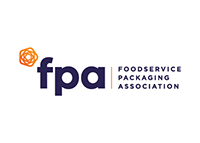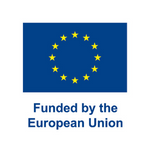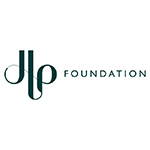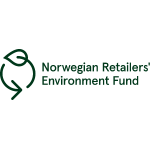Accountability
Impact monitoring and evaluation
To understand our impact, we look at three dimensions of impact across all of our work, based on our Theory of Change:
Environmental impact: Reduced water, soil and air pollution preserves natural resources and reduces climate change emissions
Economic impact: People’s socio-economic conditions are improved
Human impact: Negative impacts from poorly managed waste on the most vulnerable and marginalised communities are eliminated.
Whether directly or indirectly, we also track the number of people that our work reaches.
WasteAid’s working practice: All WasteAid team members are held accountable to the organisation, our donors and the people we work with. The following policies help ensure best practice and integrity in our conduct:
- Anti-bribery
- Code of conduct
- Data protection
- Diversity and inclusion
- Health and safety
- Safeguarding
- Whistleblowing
How WasteAid handles complaints
At WasteAid we are committed to providing the best possible experience to everybody who has contact with us, whether they be a supporter, delivery partner or programme participant or in any other capacity. Together we work to tackle the global waste crisis and we want to do this in the most mutually supportive and transparent way.
If at any time it is felt that we are not meeting our own high standards then we want to hear about it, so we can deal with the situation and put measures in place to stop it happening again.
We take complaints very seriously and we treat them as an opportunity to further develop.
Our Contact Details
You can email us at feedback@wasteaid.org
Please include your name, address and contact telephone number in your email.
A Timely Response
We aim to respond to all complaints within 15 working days. However, expect to receive an acknowledgement of your complaint within 5 days.
In more complex situations, where an immediate response is not possible, we will investigate the matter and get back to you as quickly as we can.
What we will do?
We will try to find a resolution to any situation and will correct any mistakes. If you have any recommendations about how to resolve your complaint, please do let us know.
We will keep you informed about the progress of your complaint and provide you with a prompt response.
We will also explain how you can escalate your complaint if you wish.
WasteAid is a charity with limited resources and we must use these in the most effective way possible. Therefore, we cannot respond to complaints that do not relate directly to WasteAid.
On rare occasions, WasteAid may choose not to respond to complaints. These include;
- When a complaint is about something that WasteAid has no direct connection to.
- When someone unreasonably pursues a complaint that we have already responded to.
- When a complainant is being obviously abusive, prejudiced or offensive in their manner.
- When a complainant is harassing a staff member.
- When a complaint is incoherent or illegible.
- When a complaint has clearly been sent to us and numerous other organisations as part of a bulk mailing or email. In this instance we can choose whether it is necessary for us to reply.
- WasteAid cannot respond to complaints made anonymously. However, we will investigate the information received.
Who else can help?
WasteAid is a member of the Fundraising Standards Board (FRSB) and is committed to the highest standards in fundraising practice. If your complaint is to do with fundraising and you feel that it has been unresolved by us then the FRSB can investigate your complaint.
You must contact them within two months of receiving your response from us.
Fundraising Standards Board
Hampton House
20 Albert Embankment
London
SE1 7TJ
Alternatively if your complaint is related to another area of our work and you do not feel completely satisfied by our response then you can contact The Charity Commission at the address below:
The Charity Commission
PO Box 1227
Liverpool
L69 3UG
Tel: 0845 3000 218
www.charity-commission.gov.uk
Accountability
At WasteAid, we are committed to being transparent in our work and accountable to our stakeholders.
We hold ourselves accountable to people in the communities where we work, to partner organisations, and to the general public as well as staff, volunteers, donors, and host governments. We do this in various ways including sharing information about our work.

















